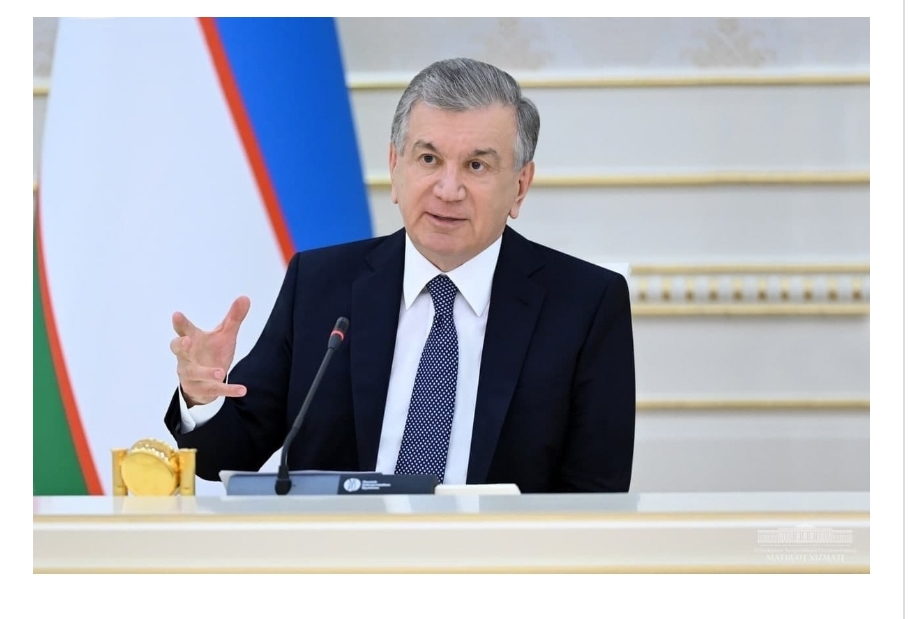In recent years, Uzbekistan, with a population of 36 million, has emerged as a prominent international entity. The country actively promotes global trade, attracts foreign investments, and fosters tourism. It’s a notable shift from a closed authoritarian state, fraught with obstacles for foreign investors and concerning instances of forced labor, notably in the cotton industry, just a decade ago.
Visionary Leadership: Shavkat Mirziyoyev’s Strategic Initiatives

Born into a family of medical professionals in 1957, Shavkat Mirziyoyev diverse career trajectory, encompassing academia and various administrative roles, endowed him with profound insights into Uzbekistan’s economic fabric. Taking office in 2016, Mirziyoyev initiated sweeping reforms, releasing political prisoners, enabling currency convertibility, streamlining bureaucratic processes for businesses, and nurturing robust global alliances.
Economic Revitalization through Foreign Investment
Following Uzbekistan’s independence from the USSR in 1991, the nation inherited a Soviet-style economic structure with outdated industries and a budding consumer goods sector. Coupled with rapid population growth and scarce employment opportunities, many Uzbek citizens sought work abroad. Mirziyoyev’s strategic vision centered on reviving the economy through foreign investments and privatizing state-owned assets, with Germany emerging as a significant European partner. Over the past two years, Uzbekistan attracted over $2.5 billion in German investments, hosting approximately 200 German-affiliated companies.
Driving International Trade: An Engine of Growth

Uzbekistan, renowned for its exports of cotton, uranium, gold, fruits, and vegetables, historically monopolized the production and export of many goods. Under Mirziyoyev’s leadership, coerced cotton harvesting was abolished, enabling private and foreign investments in cotton processing and textiles. Germany stands as Uzbekistan’s primary European trading partner, with bilateral trade reaching $1.2 billion last year, largely propelled by German exports of industrial equipment and Uzbek imports of agricultural produce, textiles, and apparel.
Embracing Sustainable Energy Initiatives
To reduce reliance on fossil fuels and modernize the economy, Mirziyoyev aims to increase the share of renewable energy to 40% of Uzbekistan’s energy mix by 2030. Collaborating actively with Europe, China, and the Middle East, Uzbekistan is embracing new solar and wind power initiatives. Taking cues from Germany, the country introduced competitive bidding for projects aimed at reducing electricity costs. Additionally, households installing solar panels receive state subsidies, marking significant progress towards adopting sustainable energy practices.
Future Trajectory for Uzbekistan
Mirziyoyev recently endorsed Uzbekistan’s 2030 Development Strategy, a comprehensive plan aimed at doubling GDP, boosting exports, improving education and healthcare, and elevating citizens’ incomes above the global average. The nation aims to attract $110 billion in foreign investments to realize these objectives, with Germany anticipated to play a pivotal role in this transformative journey.
Under Shavkat Mirziyoyev’s strategic guidance, Uzbekistan embarks on a transformative journey marked by openness, economic diversification, and heightened global competitiveness, promising a prosperous future for the nation and its people.


